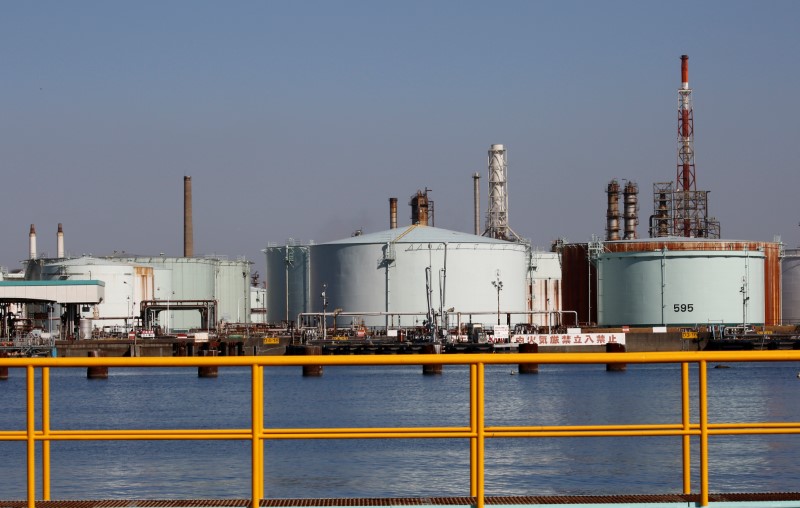(Bloomberg) -- Alberta’s decision to order oil production cuts will weigh on Canada’s economy next year, according to some of the country’s biggest lenders.
Bank of Montreal economists Benjamin Reitzes and Robert Kavcic predicted in a research note Monday that gross domestic product could expand by 1.8 percent next year, instead of the 2 percent forecast previously, if there are extended shutdowns in the oil sector. Canadian Imperial Bank of Commerce economist Royce Mendes also said the growth rate could be pared by 0.1 percentage points in 2019, adding he may change his prediction for a Bank of Canada interest-rate increase for January.
Alberta Premier Rachel Notley said Sunday night oil producers will need to cut output by 325,000 barrels a day, or 8.7 percent, starting in January. The discount on Western Canadian Select to U.S. benchmark prices widened to $50 a barrel in October, which Notley says is costing Canada billions of dollars in lost revenue. Oil cutbacks add to strains such as slowing consumer spending and the scheduled shutdown of a General Motors Co (NYSE:GM). plant east of Toronto ahead of the central bank’s next rate decision Wednesday.
“With oil prices lower and production cuts on the horizon, it’s less of a reason for the Bank of Canada to come out very hawkish later this week,’’ Mendes said by phone Monday. “It’s not only the production, because when these oil prices are low it also means these companies in the oil patch are less likely to invest.”
Doug Porter, chief economist at Bank of Montreal, continues to predict no move from the central bank this week and a rate increase in January, because policy makers may see some of the energy weakness as temporary. Weak oil prices nevertheless threaten “to do more lasting damage” to the economy, Porter said by phone Monday.
Toronto-Dominion Bank also said the production cuts and recent weakness in oil markets could curb the GDP growth rate by 0.1 to 0.2 percentage points next year. “All negative impacts will be heavily front-loaded in the year, in line with the curtailment plans,” economists Brian DePratto and Omar Abdelrahman said in a research note.
